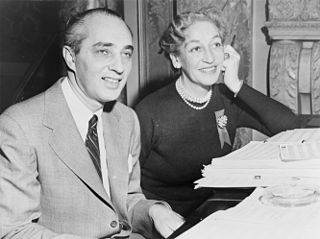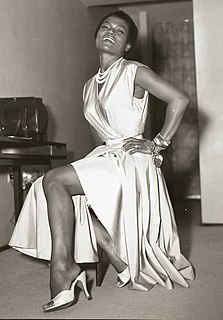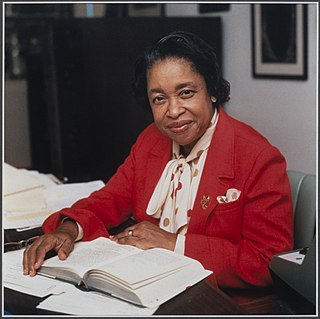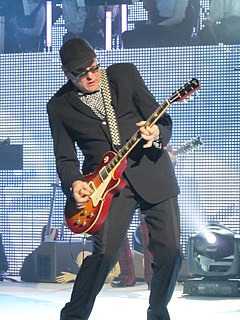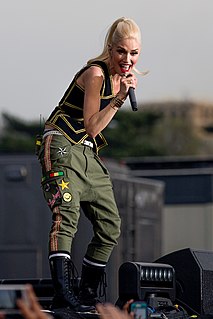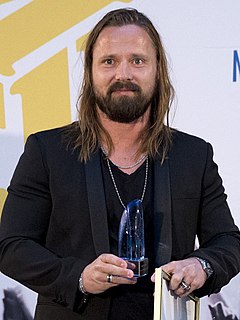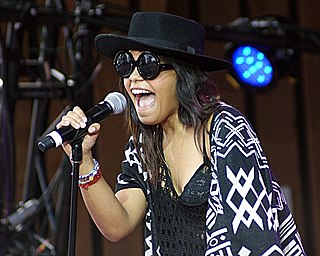A Quote by David Bowie
A song has to take on character, shape, body and influence people to an extent that they use it for their own devices. It must affect them not just as a song, but as a lifestyle.
Related Quotes
A song has to take on character, shape, body and influence people to an extent that they use it for their own devices. It must affect them not just as a song, but as a lifestyle. The rock stars have assimilated all kinds of philosophies, styles, histories, writings, and they throw out what they have gleaned from that.
Musically, though, you're a character and you're singing a song. If you're not your own character, you're the character in the song, most of the time. Even blues musicians, a lot of them who were the most realistic, at times, they were singing a song and portraying a character in the song. There's something to be said for getting involved in the emotion of a song, too, with the characters.
But once you've made a song and you put it out there, you don't own it anymore. The public own it. It's their song. It might be their song that they wake up to, or their song they have a shower to, or their song that they drive home to or their song they cry to, scream to, have babies to, have weddings to - like, it isn't your song anymore.
It's so different going in the studio and singing your own music and you don't really think about making sure that the message of the song or the idea behind the song comes across to people. Because it's in your head, it's in your heart, whatever, but it's... different when you're playing a character and you're singing as the character. There's just a lot more involved in that, I guess.
Each person who ever was or is or will be has a song. It isn't a song that anybody else wrote. It has its own melody, it has its own words. Very few people get to sing their song. Most of us fear that we cannot do it justice with our voices, or that our words are too foolish or too honest, or too odd. So people live their song instead.
An audience will let you know if a song communicates. If you see them kind of falling asleep during the song, or if they clap at the end of a song, then they're telling you something about the song. But you can have a good song that doesn't communicate. Perhaps that isn't a song that you can sing to people; perhaps that's a song that you sing to yourself. And some songs are maybe for a small audience, and some songs are for a wide audience. But the audience will let you know pretty quickly.



